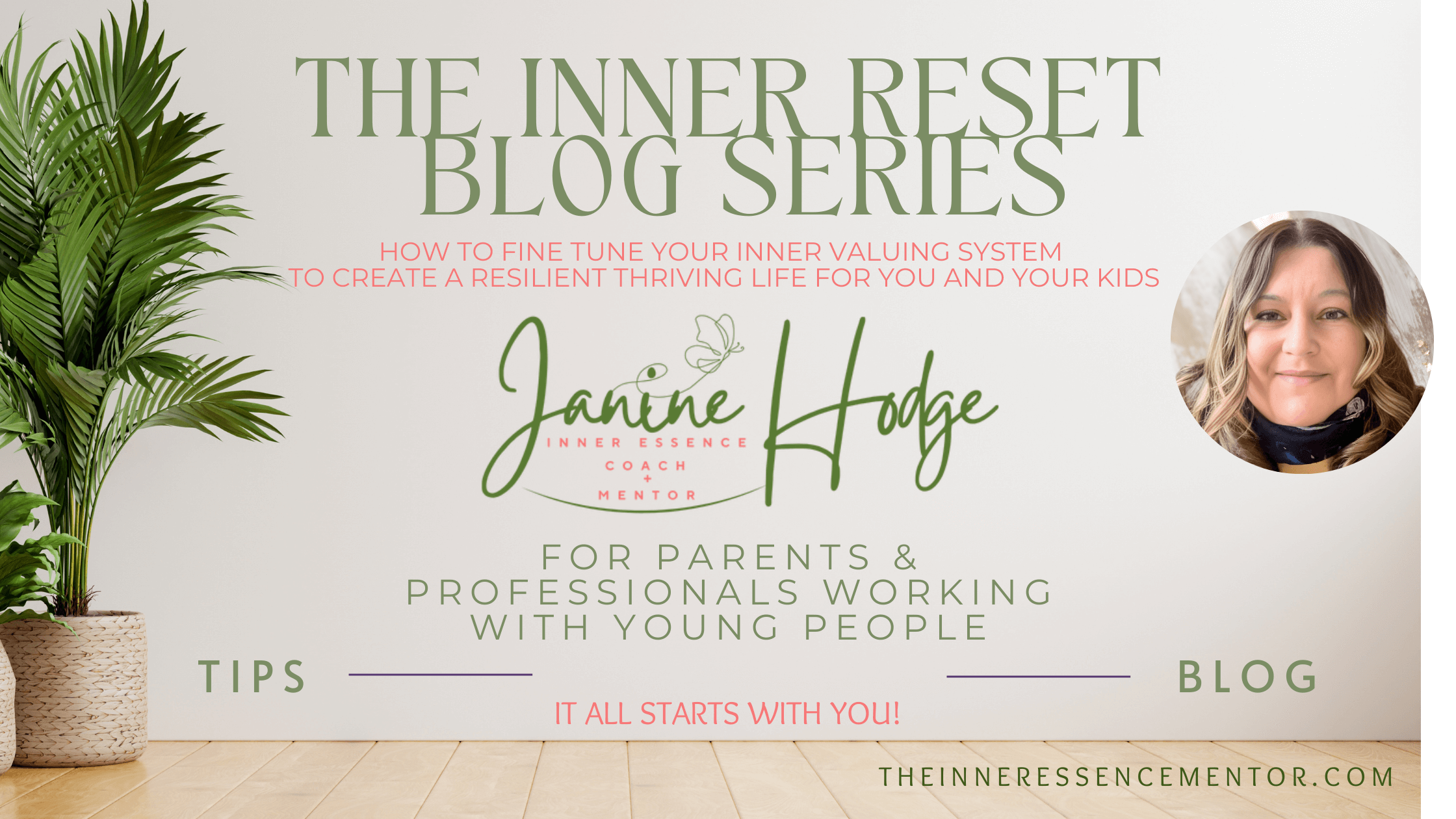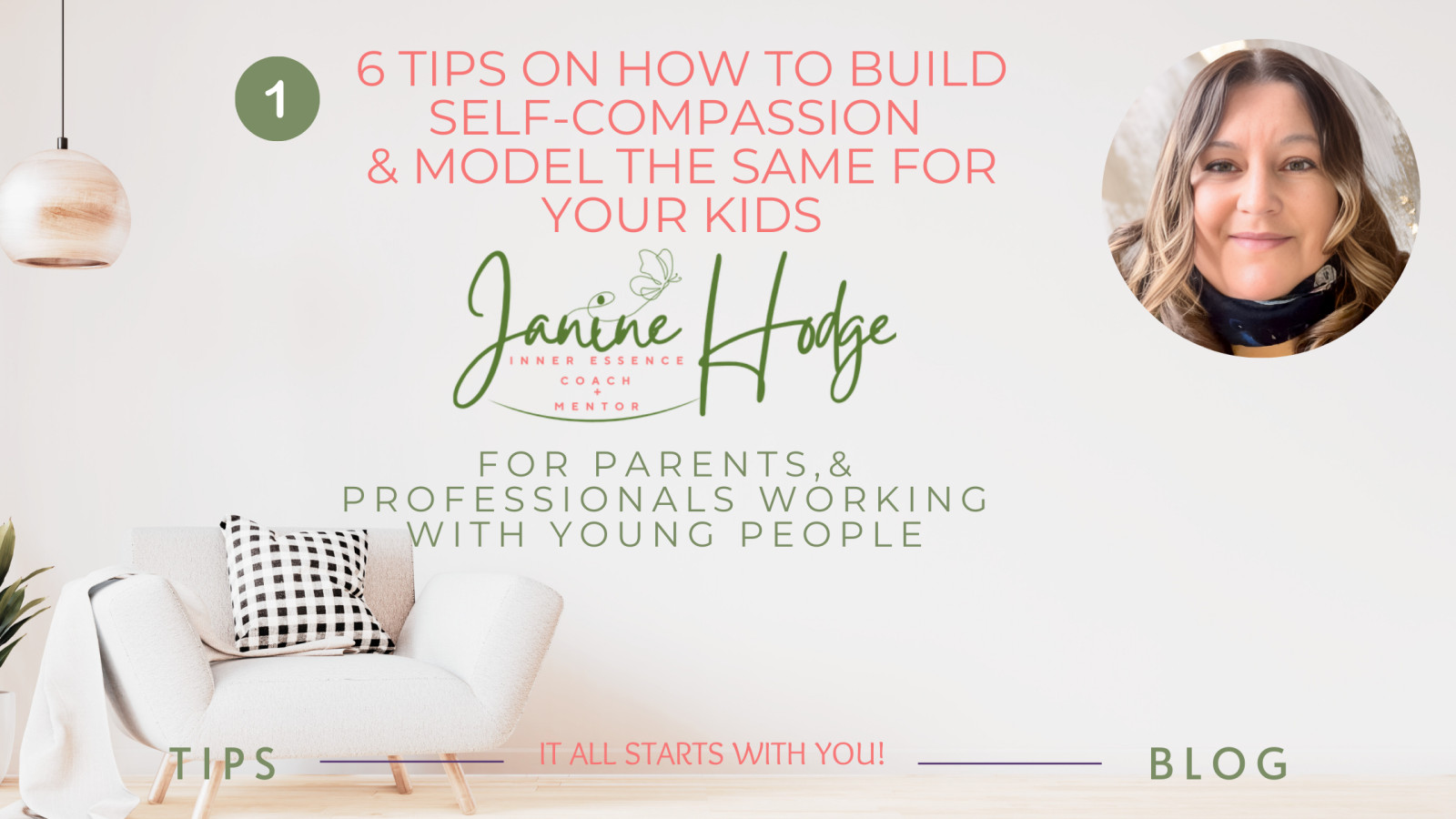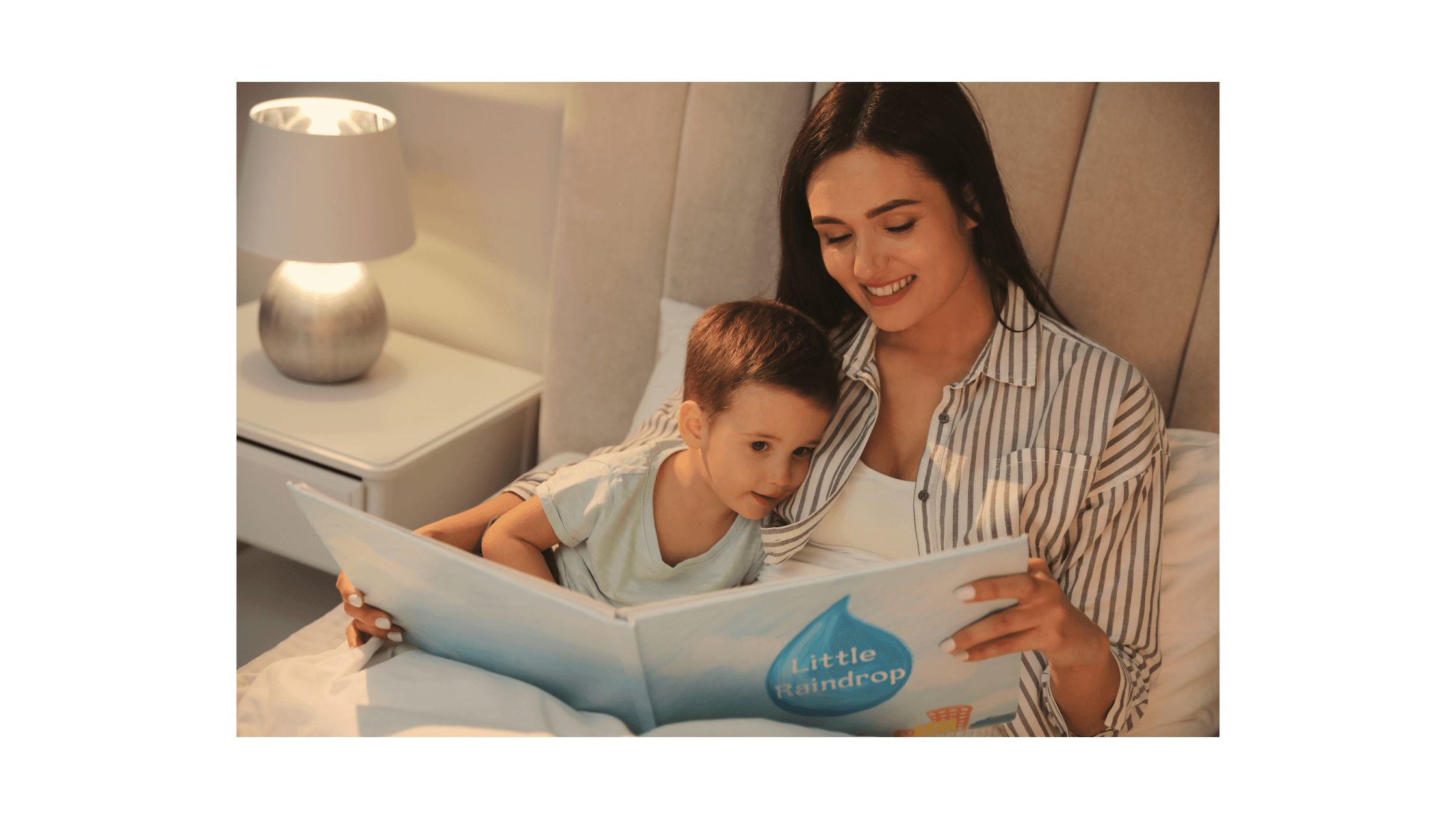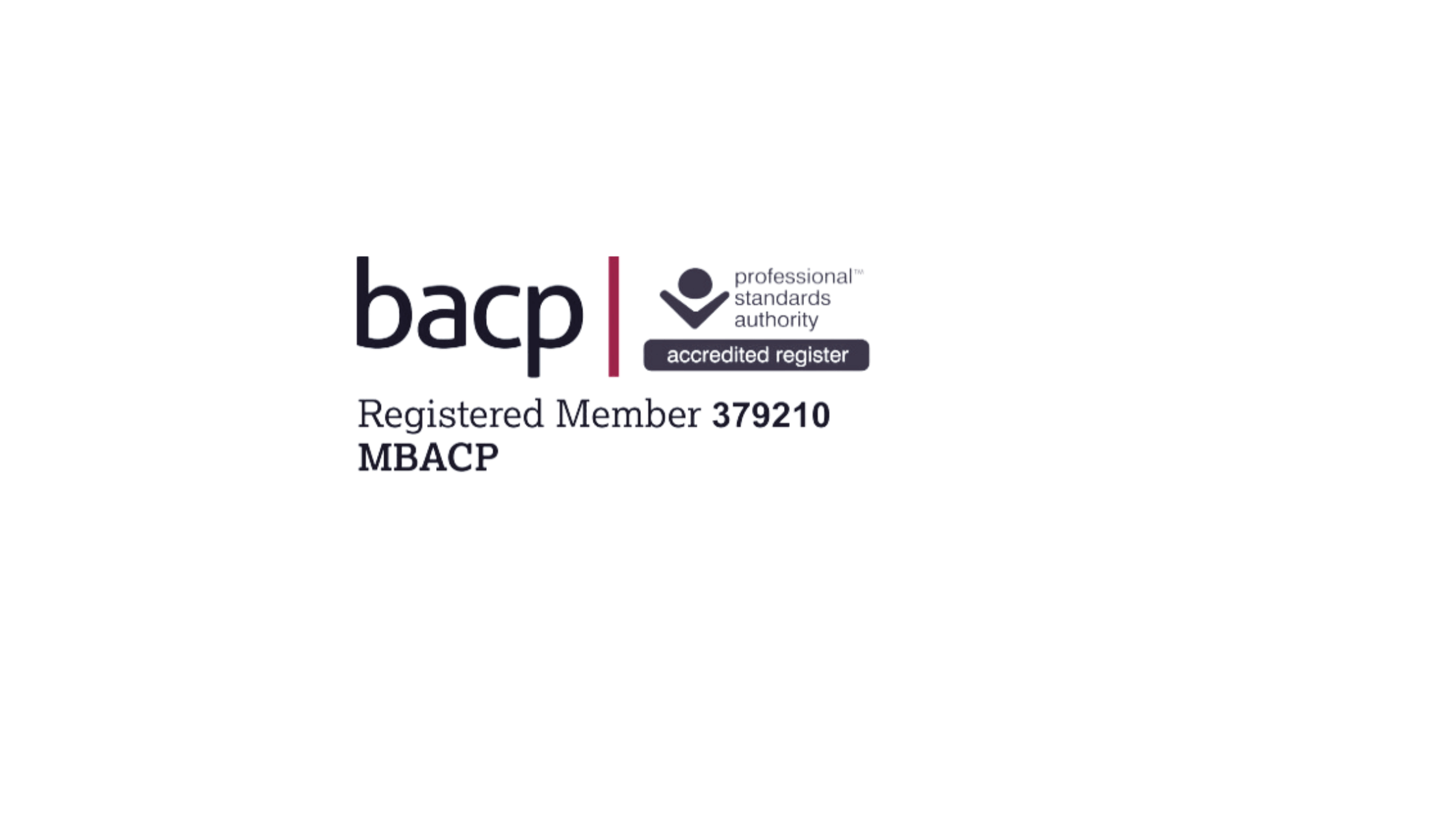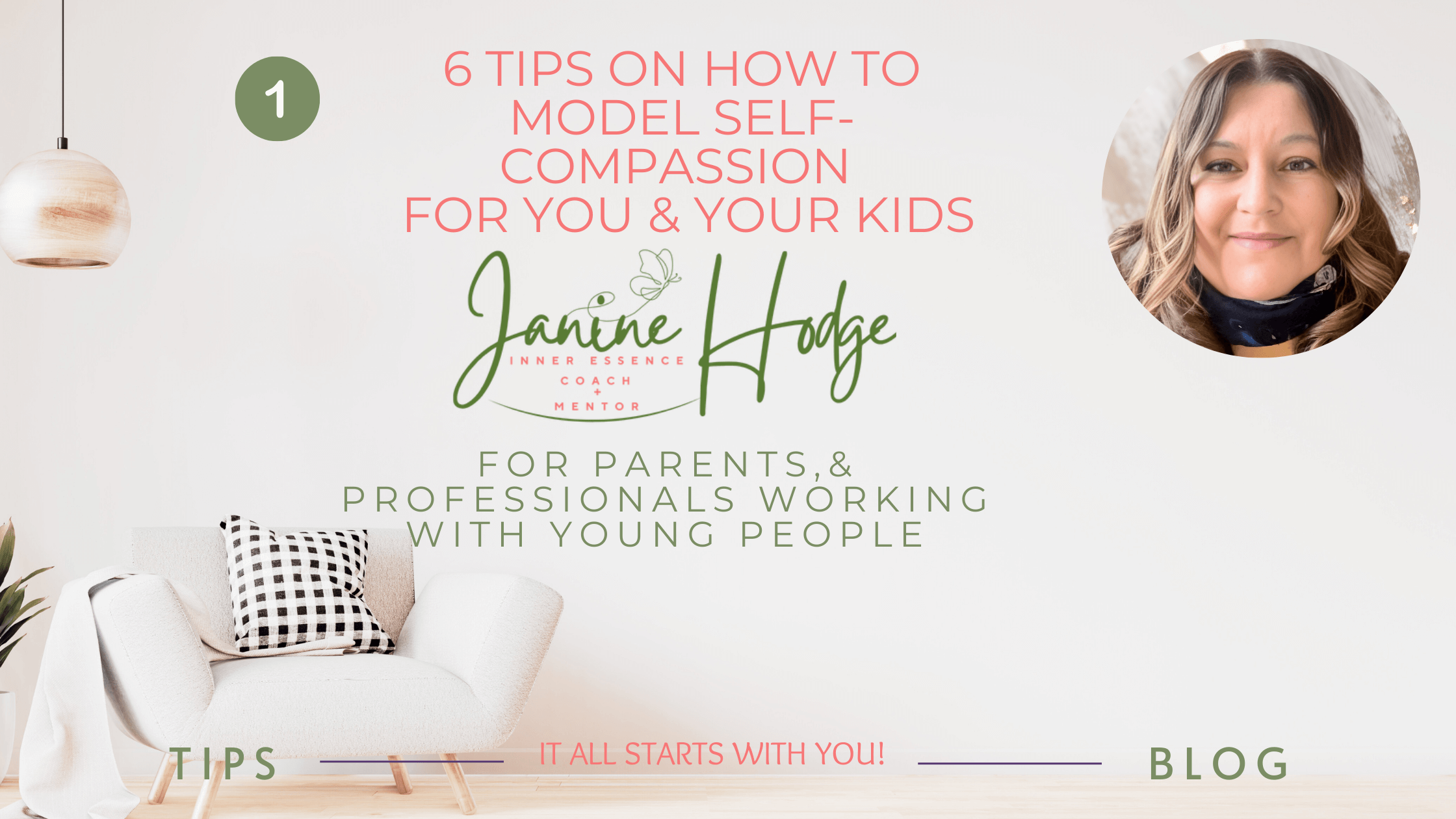
Being able to Model Self-Compassion is a daily practice that can sometimes take a lot of will power. This article therefore explores what self-compassion is, why it is so important and it offers 6 tips on how to improve your level of self-compassion whilst modelling this for your kids too.
WHAT IS SELF-COMPASSION?
Self Compassion is the act of treating ourselves with the same kindness, understanding and care that we would offer to a close friend or loved one. However, this can be really tough when we have that harsh critical inner voice of shame, running the show. Self-Compassion is also about recognising that we all have imperfections and struggles because they are part of the shared human experience. They are not inadequacies that measure our self worth, because we are already worthy. Self-Comparison can be broken down into three main components,
1) SELF-KINDNESS
Is about being gentle and understanding with yourself rather than being harshly critical. It's about offering yourself comfort and care when you experience pain and failure instead of berating yourself. So, maybe you forgot to wash your kid's PE kit, which means that they have no kit to wear at today's PE lesson. As a mum, or teacher, I'm sure that you can resonate with this common situation.
Your child is likely to be upset about getting into trouble with the teacher, looking different to their peers or worried about what peers will say. They may be upset with you for putting them in this situation. It's a heavy uncomfortable and upsetting position for you, and your harsh critic will probably be going to town. Perhaps telling you how incompetent you are, what a let down you are and that you can never do anything right.
BUT Self-Compassion says, it's understandable that I forgot to wash the PE Kit. My child, didn't empty the bag and put it in the washing basket like they have been asked to do and I've had so much going on that I completely forgot to remind them. There is responsibility for us both to take, we all make mistakes and this does not define my worth or my ability as a mum.
2) COMMON HUMANITY
We can recognise that perfection doesn't exist. It's part of the human condition to make mistakes and experience struggle and you are not alone in this. Everyone makes mistakes and that's how we learn. So in response to the PE Kit situation, you would recognise that everyone has off days and it's easy to forget things when you are under a lot of pressure. You may also wonder what was going on for your child that contributed to their forgetfulness.
3) MINDFULNESS
Here you are aware of your feelings without suppressing or exaggerating them. You are able to observe your experiences with openness, clarity and without judgement. With the PE Kit you can acknowledge that you feel frustrated and overwhelmed, that these are valid emotions and it's okay to feel this way.
SOLUTION:
- You can show self-kindness by giving yourself a few minutes to calm yourself with deep breathing because you cannot support your child's emotion regulation if you are dysregulated.
- You can acknowledge your emotions about it
- You can then help your child express their big emotions, whilst acknowledging how difficult the situation feels for them, so they feel fully seen and understood.
- You can reframe with your child any critical voice or story with a compassionate one.
- You can ask your child what they need to support them with their big emotions if they know.
- When emotions have calmed down, you can explore together what you have both learned and what could be put in place to prevent the mistake from happening in the future.
- You can write a letter to the teacher explaining the situation and asking them to offer your child spare kit if it is available.
- Perhaps your child agrees to set a Friday reminder because they now have a greater understanding of the importance of being responsible, but you will also set a reminder as an extra safety buffer.
- Perhaps you both agree that you will revisit this if your child continues to rely on your reminder rather than take responsibility for the kit themselves.
How different does this look compared to the likely screaming and blaming that goes on before you leave the house which sets you both up for a difficult day? I know I've been there and it wasn't pretty!
WHY IS SELF-COMPASSION SO IMPORTANT?
Most of the parent's and professionals that I work with find leaning into self-compassion extremely difficult and this alone has a profound impact on their mental, emotional and physical well-being. Their inner critical voice or villain has created a story based on passed experiences that tells them they are not worthy of being kind to themselves. Sadly, that often comes from shame or feelings of 'not being enough' that have been learned and absorbed at some point.
The good new is that if it's learned then as adults we have the capability to unlearn it and create new up-to-date perceptions of ourselves. It's vital that we learn how to do this not only for ourselves but so that we can model self-compassion to kids in our care too. If we can't model self-compassion then how can we expect children to, as they learn so much from observing us. If we are not careful, these negatively impactful patterns get passed down to the next generation.
MODELLING SELF-COMPASSION IS IMPORTANT BECAUSE IT:-
- Reduces stress and anxiety - Self-Compassion fosters a more gentle understanding and approach to personal difficulties. Whilst self-criticism exacerbates stress, self-compassion allows for a more calmer balanced response.
- Improves emotional resilience - When you can treat yourself with kindness and recognise common humanity, you are able to bounce back more effectively from setbacks and failures. Self-Compassion provides the emotional support needed to navigate life's challenges.
- Enhances mental Health - Practicing self compassion is linked to lower levels of depression, anxiety and other mental health issues. It promotes positive emotions and overall psychological well-being.
- Promotes healthier relationships - People who are self-compassionate tend to have better relationships. They are more likely to be empathetic, understanding and supportive towards others because they practice these qualities themselves.
- Encourages Personal Growth - Self-Compassion encourages a growth mindset. When mistakes are seen as opportunities for learning rather than as personal failures, we are more likely to take risks, learn from our experiences and grow.
- Reduces Perfectionism - Self-Compassion helps counteract perfectionism by fostering acceptance of our imperfections. This can lead to a more balanced and realistic perspective on achievements and setbacks.
- Supports Physical Health - Evidence suggests that self-compassion is linked to better physical health outcomes. People who practice self-compassion are likely to engage in healthy behaviours such as regular exercise, proper nutrition and adequate sleep.
- Builds self-worth and self-esteem. Unlike self-esteem which often depends on external validation and comparison, self-compassion provides a stable sense of self-worth that os based on intrinsic value. This leads to a more consistent and resilient sense of self-esteem.
- Facilitates better decision making - When we are self-compassionate, we are less likely to be swayed by negative emotions and self-doubt. This clarity can lead to better, more thoughtful decision making.
- Enhances overall quality of life - By fostering a kinder more supportive inner dialogue, self-compassion contributes to a more positive fulfilling life experience. It enables us to handle life's ups and downs with greater ease and grace.
So in essence, self-compassion is a foundational aspect of well-being that positively influences many areas of life from mental health to relationships, to personal growth.
6 TIPS ON HOW TO MODEL SELF-COMPASSION FOR YOU AND YOUR KIDS
1) PRACTICE SELF-KINDNESS:
When you make a mistake or face a challenge, treat yourself with the same kindness and understanding you would offer a friend. NOT personal name calling that your child may hear. Acknowledge your feelings without judgement and remind yourself that it's okay to be imperfect.
MODELLING SELF-COMPASSION FOR KIDS:
Verbally acknowledge your own mistakes in a kind manner. For example, "I made a mistake, but that's okay, everyone makes mistakes and it's part of learning."
2) MINDFULNESS:
Incorporate mindfulness practices into your daily routine. Take a few moments each day to siy quietly, breathe deeply, and observe your thoughts and feelings without judgement.
MODELLING SELF-COMPASSION FOR KIDS:
Encourage your children to join you in simple mindfulness exercises such as taking deep breaths together, or doing a short meditation. Explain that it's a way to stay calm and understand our emotions.
3) RECOGNISE COMMON HUMANITY:
Remind yourself that everyone goes through struggles and that you are not alone in your experiences. This perspective helps reduce feelings of isolation and self-critisism.
MODELLING SELF-COMPASSION FOR KIDS:
When your child faces a difficult situation, remind them that it's a normal part of life and that everyone has similar experiences. Ask them if it would be help to share some stories of how you and others have faced and overcome challenges.
4) SET REALISTIC EXPECTATIONS:
Avoid setting unrealistic expectations for yourself. Accept that it's impossible to do everything perfectly and prioritise what's truly important.
MODELLING SELF-COMPASSION FOR KIDS:
Show your children that it's okay to have limitations and to prioritise their wellbeing. Praise their efforts rather than their outcomes and encourage them to set realistic goals.
5) SELF-CARE:
Make self-care a non-negotiable part of your routine. Take time for activities that nourish your mind, body and spirit, whether it's reading, exercising or enjoying a hobby.
MODELLING SELF-COMPASSION FOR KIDS:
Involve your children in conversations about self-care when possible, and explain the importance of taking care of yourself. Encourage them to come up with their own ideas for self-care and support them in including that in their routine
6) POSITIVE SELF-TALK:
Practice positive self-talk by consciously replacing negative critical thoughts with kind affirming ones. It's time for your Inner Super Villain to shift into the back seat and allow your Super hero to drive. Acknowledge and celebrate your achievements. no matter how small. Writing down 3 wins can be an empowering daily routine.
MODELLING SELF-COMPASSION FOR KIDS:
Encourage your children to speak kindly to themselves when they express self-doubt or negative thoughts. Guide them to reframe those thoughts positively. For example, if your child says "I'm rubbish at this," help them say, "I'm learning and I can get better with practice."
By incorporating these practices into daily life, we can foster a compassionate environment for ourselves and the children in out care. Thus promoting a more positive family or relationship dynamic.

